Also Known As
- Bili Patra
- Bilva Patra
- Indian bael
- Wood Apple
-
Aegle Marmelos
How to Care?
 Sunlight
Sunlight
- Sunlight
 Water
Water
- Thrice a week
 Location
Location
- Outdoor
 Maintenance
Maintenance
- Low care
 Size
Size
- 12 × 8 Inches Approx.
 Season
Season
- All season
 Fragrance
Fragrance
- No
 Specialty
Specialty
- Religious Significance & Fruiting
The Aegle marmelos, known as the Bael tree, is a remarkable gift from nature that has been cherished for centuries for its multifaceted benefits. Native to the Indian subcontinent, this tree holds a special place in traditional medicine and culture. Let’s delve into the captivating world of the Aegle marmelos plant:
Appearance:
The Bael tree stands as an emblem of strength and resilience. With its sturdy trunk and dense foliage, it reaches heights of up to 40 feet, casting cooling shade in the heat of the day. The leaves are simple, lance-shaped, and possess a glossy green hue that dances with the sunlight.
Fruit of Immunity:
At the heart of the Bael tree’s allure lies its fruit, known as the Bael fruit or Wood Apple. Encased in a tough, woody shell, the fruit’s inner pulp is a golden treasure of health benefits. Bursting with nutrients, it’s a rich source of vitamins, minerals, and antioxidants that bolster the immune system and support overall well-being.
Culinary Delight:
The Bael fruit’s sweet and tangy taste is a true delight to the senses. It can be savored fresh, made into refreshing juices, or transformed into delectable jams and preserves. As a natural coolant, it’s particularly cherished in hot climates to quench thirst and soothe the body.
Traditional Medicine:
In Ayurveda and other traditional systems of medicine, the Bael tree holds a revered status. Its leaves, fruit, and even bark are utilized to address various health concerns. From aiding digestion and managing diabetes to promoting heart health, the Bael’s therapeutic potential is a testament to the wisdom of ancient remedies.
Cultural Significance:
The Bael tree is deeply intertwined with cultural and religious practices across the Indian subcontinent. Its leaves, known as Bilva leaves, are offered to Lord Shiva in Hindu worship. The tree’s resilience in harsh conditions and its healing properties make it a symbol of endurance and vitality.
Sustainable Solution:
Beyond its health benefits, the Bael tree offers environmental advantages. Its deep-rooted nature helps prevent soil erosion, making it a natural guardian of the land. Furthermore, its low water requirements make it well-suited for arid regions.
Growing the Legacy:
Cultivating the Aegle marmelos in your garden not only adds a touch of tradition but also brings forth a host of natural advantages. Thriving in tropical and subtropical climates, this tree requires moderate care and well-draining soil. Its beauty and utility make it an enriching addition to any green space.
Embrace the wellness and heritage that the Aegle marmelos offers. Invite this benevolent tree into your garden, and let its presence infuse your surroundings with the essence of well-being and cultural significance.
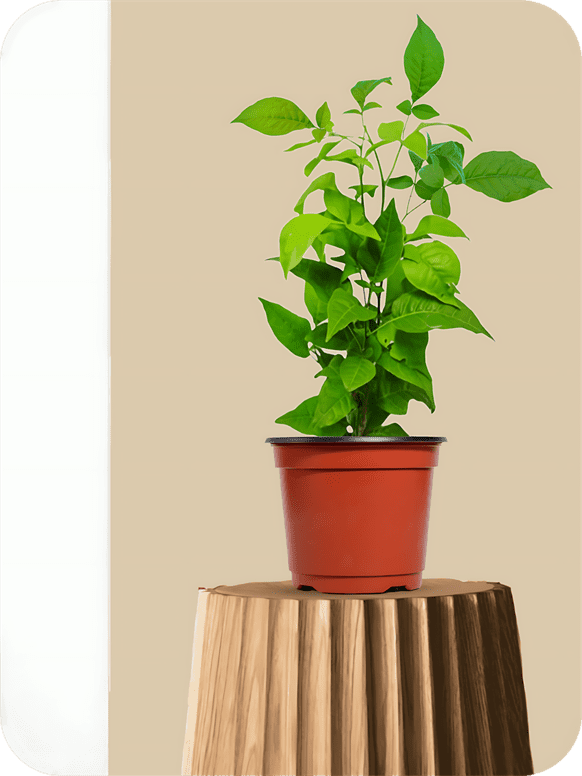
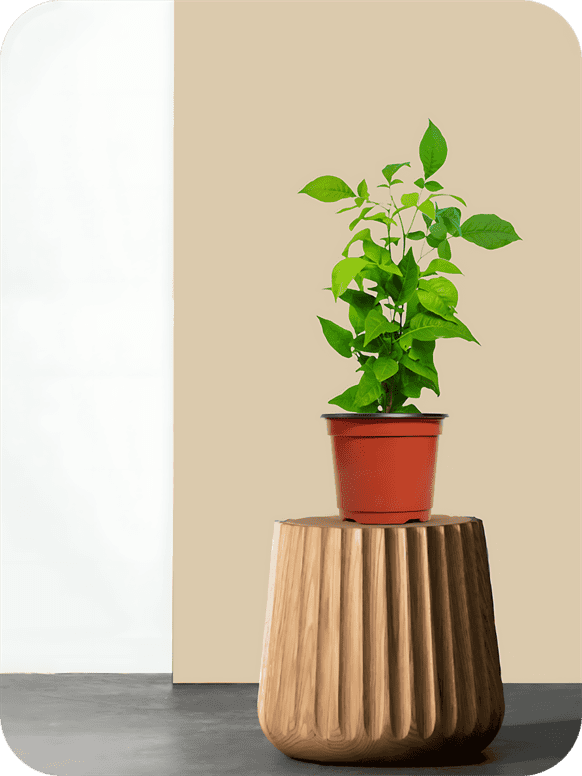
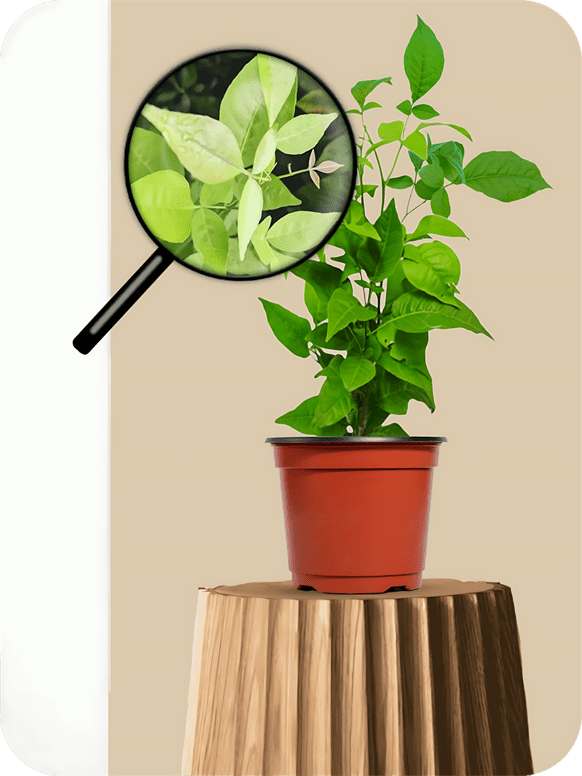
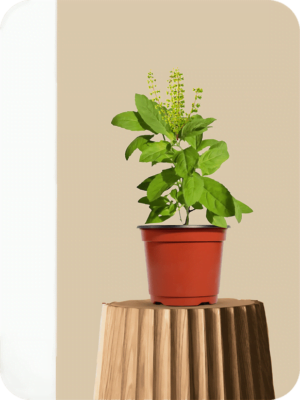
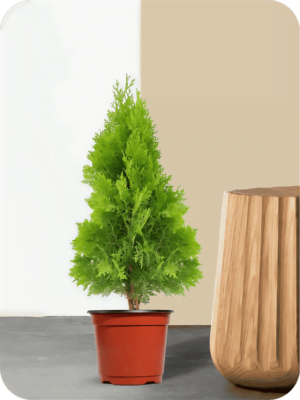
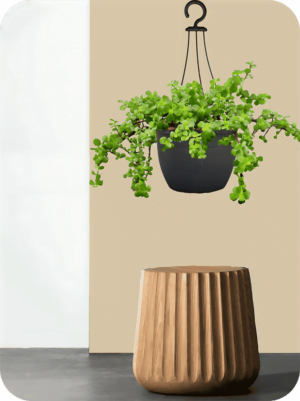
Plant is in a very good condition but there is no any tri leaf hope will find after some time.